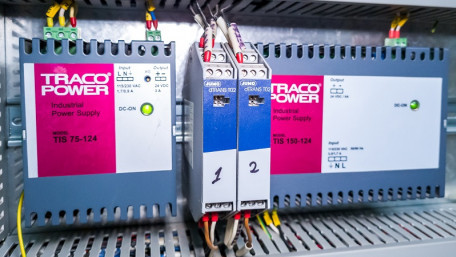
The choice to ground or float a power supply is not always clear in the NEC. This article explains floating or fixing a DC supply with respect to ground and how…
The choice to ground or float a power supply is not always clear in the NEC. This article explains floating or fixing a DC supply with respect to ground and how circuits can be functionally constructed both ways.
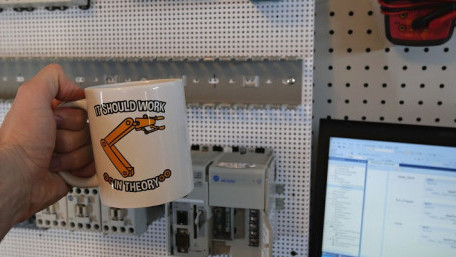
We are taught that parallel circuits maintain equal voltage across all branch resistors, equally sharing the source…
We are taught that parallel circuits maintain equal voltage across all branch resistors, equally sharing the source voltage. But reality is often far from ideal, and individual devices certainly impact the rest of the circuit.
Coil, field winding, rotor, stator, eddy current… When it comes to motors, there are numerous terms that describe the…
Coil, field winding, rotor, stator, eddy current… When it comes to motors, there are numerous terms that describe the theory of operation, but what is inside a 3-phase motor? Take a look, and learn how they work.
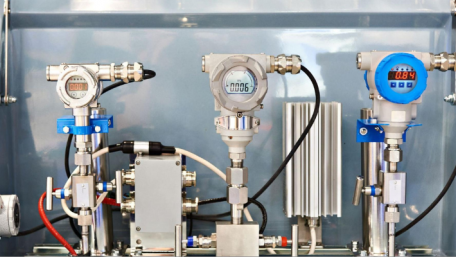
Industrial analog sensor devices primarily use 0-10 volt or 4-20 milliamp. For those mA signals, learn the reasons for…
Industrial analog sensor devices primarily use 0-10 volt or 4-20 milliamp. For those mA signals, learn the reasons for why the lower and upper limit standards were determined as 4 mA and 20 mA.
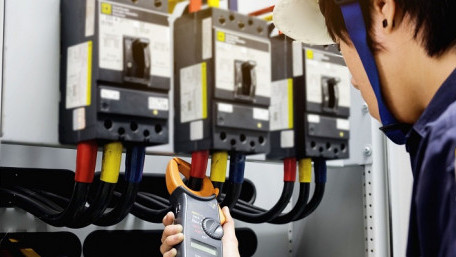
The diverse power terms in electrical generation systems include active, reactive, and apparent power, all of which lead…
The diverse power terms in electrical generation systems include active, reactive, and apparent power, all of which lead to the introduction of ‘power factor’ effectiveness in an AC circuit.
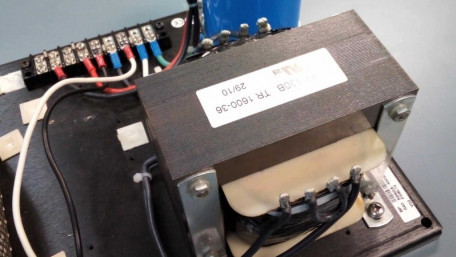
Grounding transformer connections presents its own set of challenges. This article addresses these challenges and several…
Grounding transformer connections presents its own set of challenges. This article addresses these challenges and several common configurations for control transformer grounding.
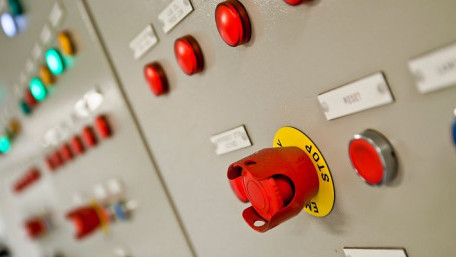
Learn about power side and ground side switching and how designing these circuits to have predictable failures from the…
Learn about power side and ground side switching and how designing these circuits to have predictable failures from the beginning helps in system maintenance and troubleshooting.
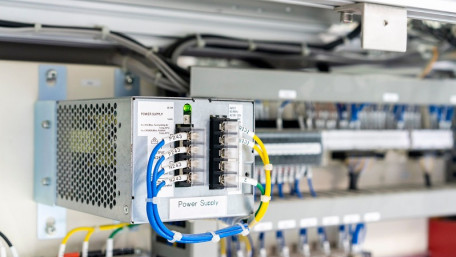
DC voltage systems exist to provide controllers and field devices with stable power, but it is not always clear when…
DC voltage systems exist to provide controllers and field devices with stable power, but it is not always clear when these systems should be bonded with the earth ground of the AC line voltage supply.
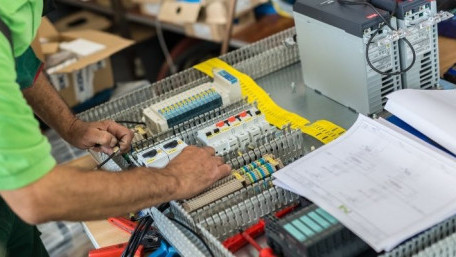
Power supplies tend to get a reputation as one of the most important power considerations of a DC control circuit - but…
Power supplies tend to get a reputation as one of the most important power considerations of a DC control circuit - but we can’t ignore other key players: power filters, converters, and backup power modules.
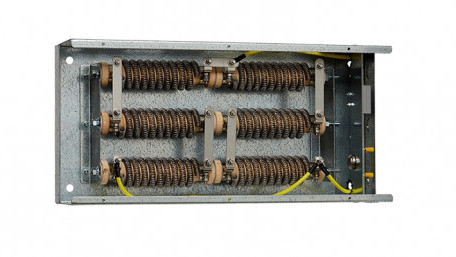
Large DC and AC motor drives often provide terminals for installing a braking resistor. What are these resistors, and how…
Large DC and AC motor drives often provide terminals for installing a braking resistor. What are these resistors, and how do they slow down a machine? What hazards and cautions must be considered?
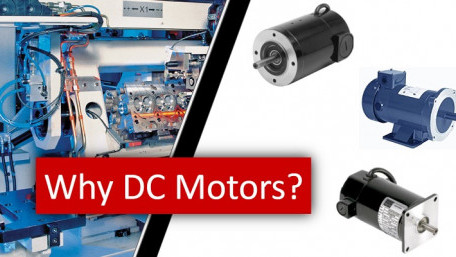
AC motors are common throughout industry - easily controlled by VFDs and without the maintenance that comes with DC…
AC motors are common throughout industry - easily controlled by VFDs and without the maintenance that comes with DC brushes. So then, why are DC motors still used in certain applications?
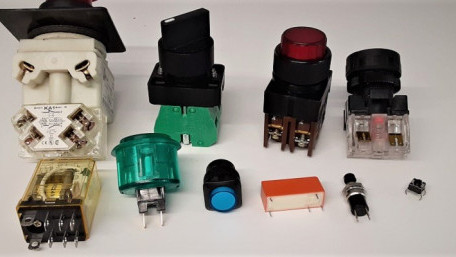
Before digital control systems, responses were fairly slow. Push a button, and a motor contactor engaged. These days, the…
Before digital control systems, responses were fairly slow. Push a button, and a motor contactor engaged. These days, the speed of computers introduces some new challenges but brings solutions as well.
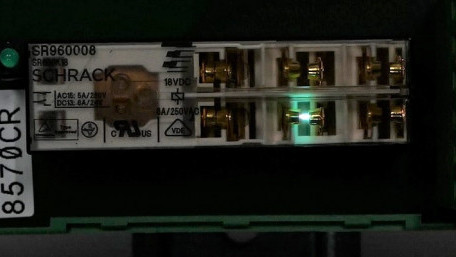
Inductive loads, such as solenoids and contactors, can cause arcs and failures back into electromechanical switching…
Inductive loads, such as solenoids and contactors, can cause arcs and failures back into electromechanical switching devices, causing costly downtime. The solution is cheaper than you think.
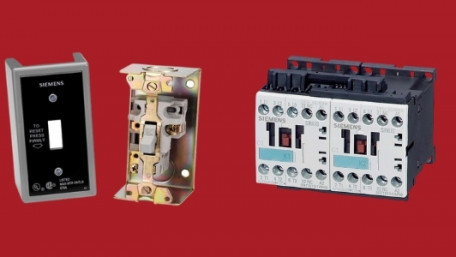
Motors drive all sorts of processes in a facility. Depending on the application, which motor starter is best suited for…
Motors drive all sorts of processes in a facility. Depending on the application, which motor starter is best suited for your needs?
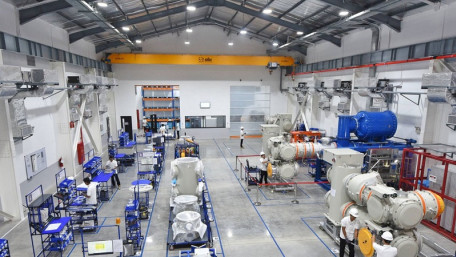
Learn about how the ground compares and contrasts with the neutral wire and why this wiring is important for safety in…
Learn about how the ground compares and contrasts with the neutral wire and why this wiring is important for safety in control cabinets and other wiring needs in an industrial facility.
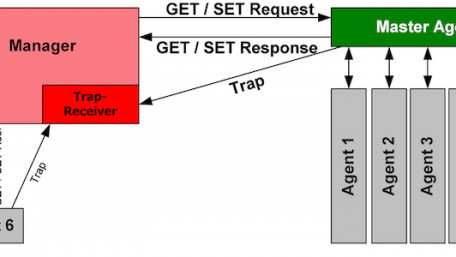
This article discusses common implementations of UPS in control systems and important design considerations.
This article discusses common implementations of UPS in control systems and important design considerations.
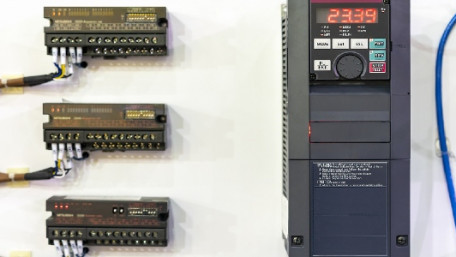
Variable frequency drives (VFDs) can output simulated waveforms of nearly any frequency. However, in order to be truly…
Variable frequency drives (VFDs) can output simulated waveforms of nearly any frequency. However, in order to be truly useful, harmonics and resonance in the system must be avoided and frequency parameters should be put in place.
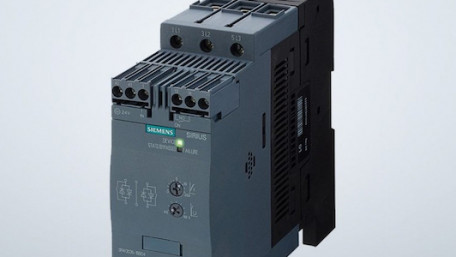
The following will examine how to reduce the wear on motors during startup and compare soft starters and variable…
The following will examine how to reduce the wear on motors during startup and compare soft starters and variable frequency drives (VFDs).
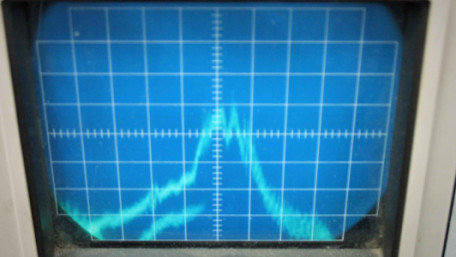
Electrical noise is a common problem inside industrial facilities. The following will explain a few simple strategies for…
Electrical noise is a common problem inside industrial facilities. The following will explain a few simple strategies for reducing this noise.
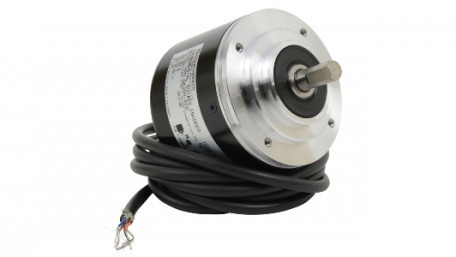
Integral or Reset Windup is a problem that can occur from these systems, and there are a few possible approaches to…
Integral or Reset Windup is a problem that can occur from these systems, and there are a few possible approaches to minimize the effects.
